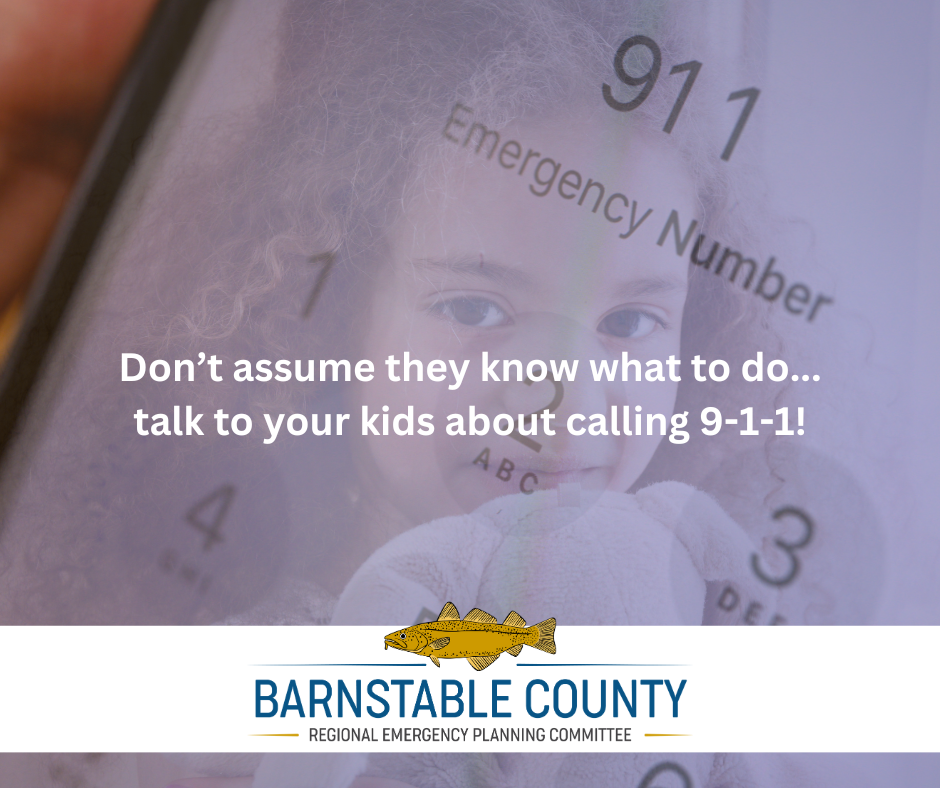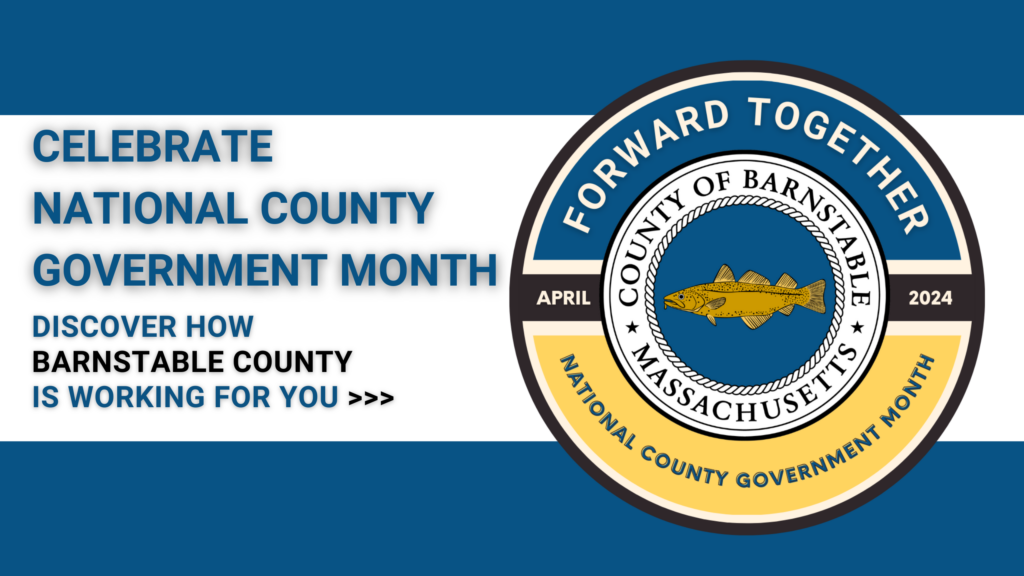
Talking to your Kids about Calling 9-1-1
Calling 9-1-1 seems simple right? You just pick up the phone and dial those three lifesaving numbers to connect to first responders in an emergency. While many people don’t often ponder the following question: how do I call 9-1-1? There’s actually a bit more to it than meets the eye. Especially when it comes to teaching children when, how, and why to seek emergency assistance.

Define an Emergency
Some adults have trouble deciding whether it’s appropriate to call 9-1-1, so it makes sense that kids might struggle with it was well. Talk about what “emergency” means…a fire, a person who won’t wake up when you shake or yell at them, or an unwanted stranger in the house. Be careful not to scare your children; explain that these are not things that happen every day and that they rarely happen at all, but that it’s important to be ready for anything.
Explain What an Emergency is NOT
An emergency is NOT a lost pet or a cut that requires a bandage, but a child may have trouble differentiating. When there is doubt, ask your child to ask a grown-up but, if there no one is around, it’s probably likely your child does have a true emergency.
Explain 9-1-1 to Your Child
Talk about members of the community who your children are familiar with – policemen, firemen, doctors, nurses, and others – and how their jobs are all about helping others. Let them know that when you call 9-1-1, the person who answers will send the right person to assist your child in whatever their need might be. NOTE: Be sure not to refer to 9-1-1 as nine eleven in order to avoid confusion.
Be sure to explain that if a person calls 9-1-1 but doesn’t have a true emergency, it’s taking the helpers’ time away from someone who really does need help. And, while you don’t want to scare your child into not calling 9-1-1 if necessary, it’s important they understand the seriousness of the service. Tell them they could get in trouble if they try calling “just for fun”.
Go Over the Details of Making the Call
If possible, tell your child to call from a house phone rather than a cell phone. This allows the operator to trace the call to their exact location. And while children should begin to learn their address around age 4, (if not earlier), not all emergencies happen in the home. Tell them to listen very carefully to the operator and try their best to speak clearly and answer any questions the operator may ask. This may conflict with any “stranger danger” lessons you might have taught your child, but explain that when you call 9-1-1, it’s safe to speak openly with the operator.
Do a Practice Run
Do some role playing with your child. Closely examine whatever phones are available to them and make sure they know how to use them (cell phones may have different mechanisms and short-cuts for accessing 9-1-1). Play out different scenarios and ask questions that they are likely to hear from the operator in the event of a true emergency. Again, be careful not to scare your child!
Explain that if there’s an emergency, they might feel scared or want to cry. Tell them that while it’s ok to be scared, it’s important they try very hard to pay attention to the operator and should never hang up the phone unless told to do so.
Typical Questions Children Should Expect to Answer During a 9-1-1 Call
- What happened?
- Where do you live?
- Who needs help?
- Why do they need help?
- Is there a grown-up around to help you?
- Is the grown-up breathing?
Do Some Prep Work Ahead of Time
Have a sign in a visible location of your house that simply says 9-1-1 in big bold numbers. While your child may know these numbers well under normal circumstances, in the stress of an emergency, they could easily forget.
Also, have a list handy of important numbers posted somewhere visible and familiar to your child (like the fridge) including:
- Your cell phone number and your spouse’s (and any other adult living in the home).
- Grandparents or close family members.
- Doctor/pediatrician’s office.
Your child might not be able to call these numbers, but when the authorities arrive, they can. Also, keep a basic first-aid kit in a central spot and make sure your child knows where to access it.
Stop by your Local Public Safety Headquarters (Police or Fire)
Do you or your child still have questions or concerns? Stop by our local police or fire station and ask for more information! Introduce your child to a dispatcher to better understand how 911 works to provide assistance during emergencies.
Additional Resources
Teaching Your Child How to Use 911 (for Parents) – Nemours KidsHealth
Enseñar a su hijo a usar el teléfono de emergencias (911) (para Padres) – Nemours KidsHealth
Teach Your Child to Call 911 – HSI
9-1-1 Basic Information – National Emergency Number Association (nena.org)
911 for Kids – 911 Training and Education, 911 Public Education, National 911 Education Month



